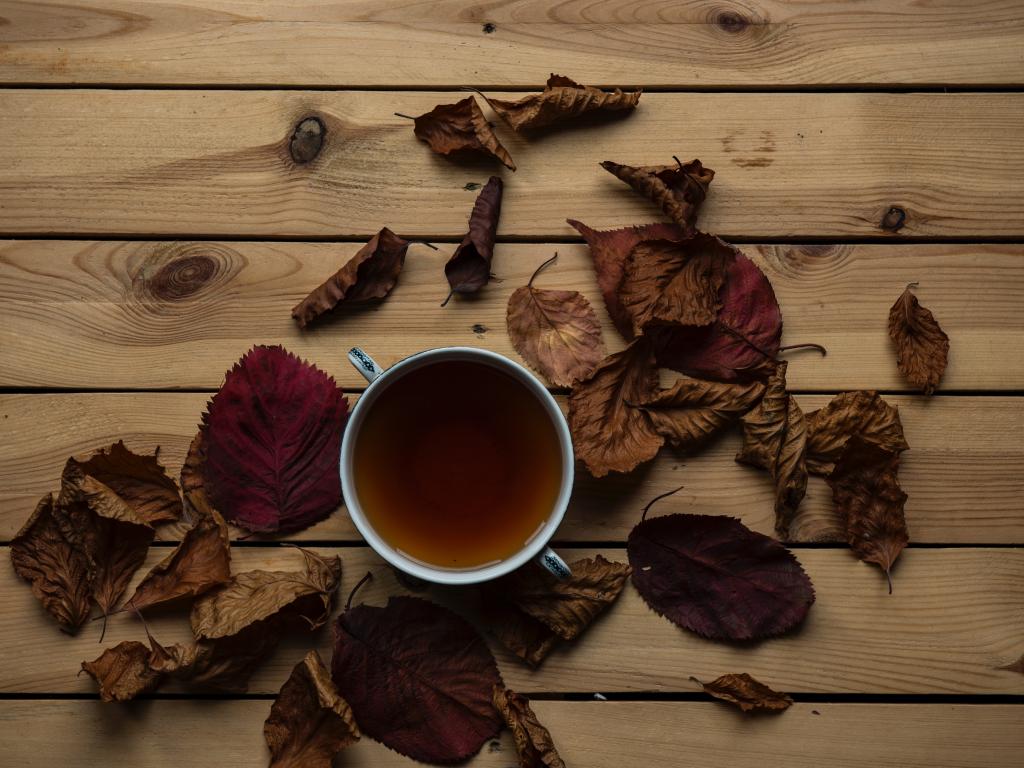Racial politics and ecology: some useful pointers for conservation and climate change practitioners from Sarah Ives’ study of Rooibos farming

By James Reeler
Conservation is a complex area, necessarily involving the development of an understanding of not only the interaction of ecological systems, but also the drivers of disruption to those systems, which ultimately includes politics, social structures and economics. This science-society interface is a crucial area in which the struggle to ensure long-term conservation will ultimately be won or lost. Many of the core issues boil down to complex personal stories and choices, and Sarah Ives’ study of the racial politics of rooibos is a deep dive into some of these. In the process, it surfaces real-world interactions that can be instructive for those looking to make real changes in conservation or climate change practice.
Much of the global rooibos industry focuses on storytelling to sell into a premium market, and anthropologists like Ives will be the first to tell you that much of any culture is a process of developing common stories. Many scientists eschew storytelling, focussing rather on establishing hard objective fact. Nevertheless, stories are central to any process of governance and provide a lens through which people understand the world.
A fantastic example is the concept of alien-ness and indigeneity in rooibos farming. South Africa is plagued with alien invasive plants, which rapidly displace indigenous species. Some consume and transpire water much more rapidly than indigenous species, resulting in reduced river flow in an already arid country. This results in a moral polarity in common parlance, with indigenous species being “good” and “invaders” or “aliens” being bad.
Most of the communities in the rooibos farming areas of South Africa use the indigeneity of rooibos and its cultural usage to provide a strong personal linkage to the land, establishing their presence as a good indigene rather than a bad invader. Moreover, many of the rooibos farmers and communities also unironically use this language to describe the eucalypts and wattles scattering the landscape as threats to the local ecosystems, whilst framing rooibos as a local hero. “Unironically” because the European shade trees planted around houses, and the large and unambiguously water-hungry fruit orchards are not accorded the same threatening alien status, despite their foreign origins.
This internalised argument from utility is telling. Many of the country’s listed invader species were deliberately introduced because of their perceived value, and only latterly achieved their alien status. Reframing something from useful to threatening (or vice versa) is not a hard scientific decision, but a story adopted by society at large.
Ultimately, this raises an interesting question when considering the future of rooibos in South Africa, and ecosystems in general. Climate change implies significant shifts in rainfall and temperatures across the country, disrupting systems that have been stable for at least as long as mankind has practiced agriculture. It is estimated that up to 80% of wild harvested rooibos, and as much as 75% of the commercially farmed operations are threatened by changing climate. Does this threat then mean that rooibos farming will die out? Or does it mean (soil conditions permitting) that it will shift to new areas, just as wild species have been observed to do? And if so, will rooibos then fill a new storytelling niche of indigeneity by proxy, because it no longer grows in the place in which it originated? Indeed, what might a scientist interpret to be a local species when faced with necessary dynamic ecological shifts?
What is clear is that a changing world requires changing narratives to both understand and guide societal perceptions of conservation needs. Conservation practitioners and climate change
professionals need to engage with this, to think not just about the practicalities and facts of climate change, but also about how our cultural narratives frame our world and actions.
Ultimately it is only by controlling the narrative and by changing the stories that society tells itself that the societal transformation necessary to adapt to our changing world can be achieved. Time to start telling the right stories.
Sarah Ives presented a seminar at the University of Cape Town on 26 April 2018, and her book “Steeped in Heritage” is published by Duke University Press
James Reeler is part of the 2018 cohort of ACDI masters students